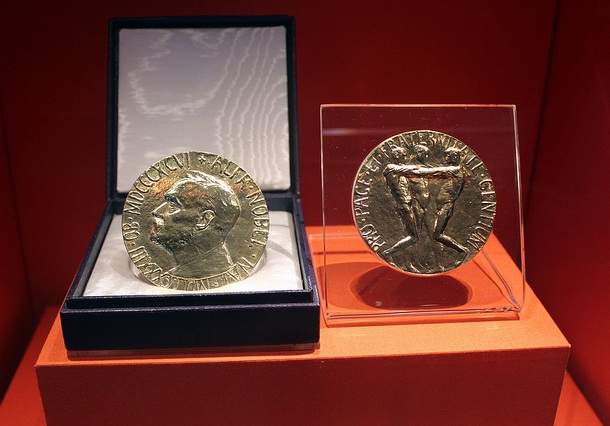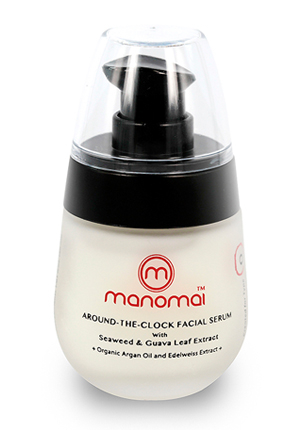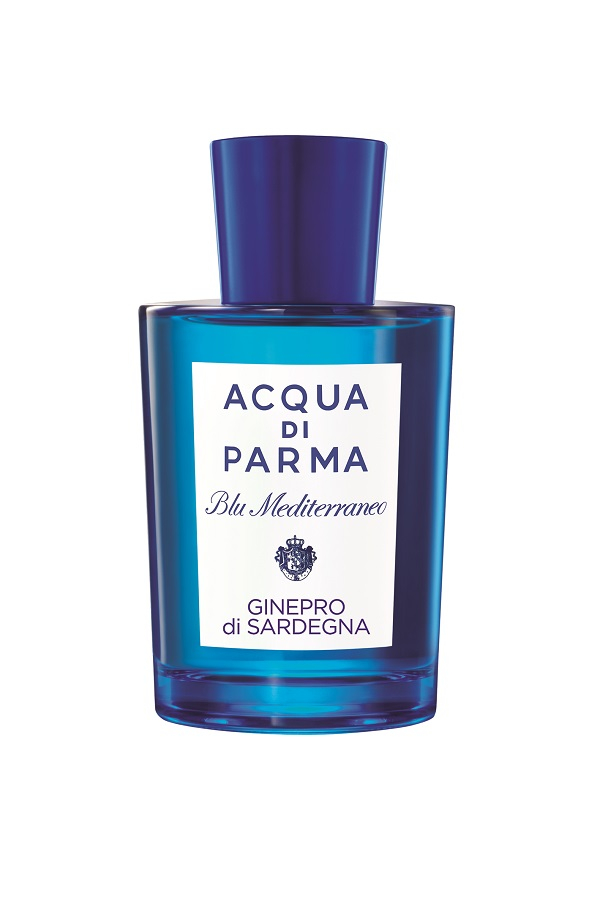OPCW victorious in battle for Nobel Peace Prize

The Organisation for the Prohibition of Chemical Weapons (OPCW) has won the Nobel Peace Prize on Friday for its work aimed at eliminating chemical arms around Syria’s battlefields.

The OPCW, the world’s watchdog on chemical weapons, has won the Nobel Peace Prize on Friday for its worldwide commitment to the destruction of chemical arms.
Photo: Wally Gobetz
The OPCW, a small organisation based in The Hague, was founded in 1997 to enforce the Chemical Weapons Convention. After the gas attack that killed 1,400 people in August, the OPCW sent experts to Damascus to oversee the destruction caused by chemical weapons on the territory.
The organisation has worked silently for 16 years trying to identify whether all the 190 countries that signed the Chemical Weapons Convention actually fully adhered to it.
The consequences of the chemical attack in Damascus brought to light the work of the organisation which is now in Syria to document and plan the destruction of the chemical arms.
The head of the OPCW, Ahmet Uzumcu, said the award was a great honour: “I truly hope that this award, and the OPCW’s ongoing mission together with the United Nations in Syria, will help broader efforts to achieve peace in that country and end the suffering of its people.”
Nobel Peace Prize committee head Thorbjoern Jagland said the award was a reminder to nations such as the United States and Russia to eliminate their own large stockpiles. He said: “We now have the opportunity to get rid of an entire category of weapons of mass destruction. That would be a great event in history if we could achieve that.”
There were almost 260 candidates for this year’s Nobel Peace Prize but the list remains unknown.
The ongoing work of both the OPCW and the Chemical Weapons Convention has contributed to the destruction of almost the 80% of word’s chemical weapons. Syria is expected to sign the treaty for the dismantling of its chemical weapons in a couple of days, but the dismantling itself would probably take years due to the large stocks of sarin, mustard gas and VX nerve agents that Syria is believed to have.
“Events in Syria,” said Mr Uzumcu, “have been a tragic reminder that there remains much work yet to be done.”
Camilla Capasso






















Facebook
Twitter
Instagram
YouTube
RSS